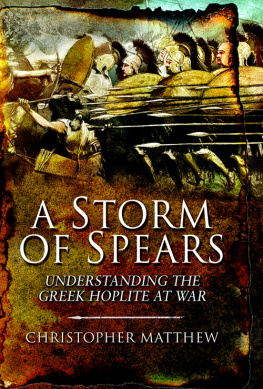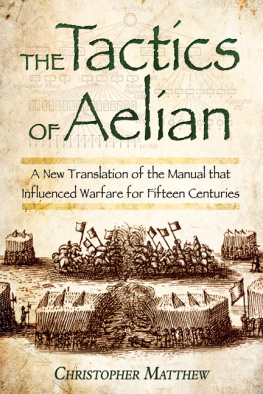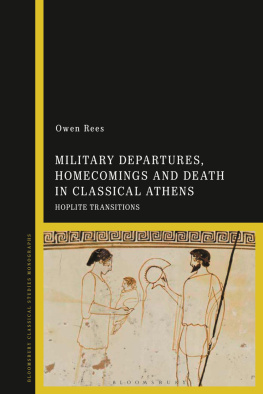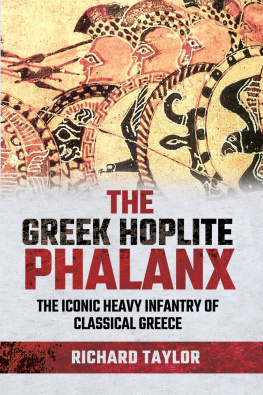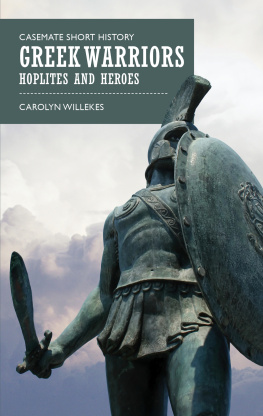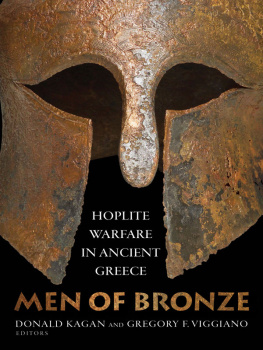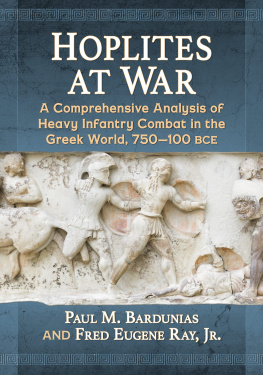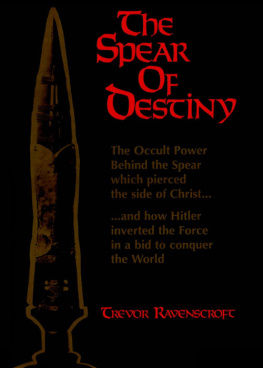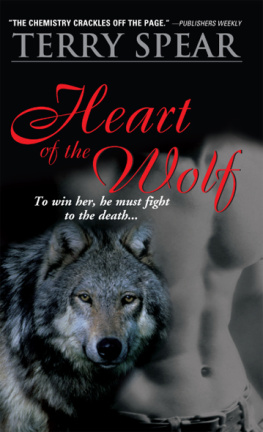
First published in Great Britain in 2012 by
PEN & SWORD MILITARY
An imprint of
Pen & Sword Books Ltd
47 Church Street
Barnsley
South Yorkshire
S70 2AS
Copyright Christopher Anthony Matthew 2012
ISBN 978-1-84884-295-3
ISBN 9781781594223 (epub)
ISBN 9781781594223 (prc)
The right of Christopher Anthony Matthew to be identified as the Author of this Work has been asserted by him in accordance with the Copyright, Designs and Patents
Act 1988.
A CIP catalogue record for this book is
available from the British Library.
All rights reserved. No part of this book may be reproduced or transmitted in any form or by any means, electronic or mechanical including photocopying, recording or by any information storage and retrieval system, without permission from the Publisher in writing.
Typeset by Concept, Huddersfield, West Yorkshire.
Printed and bound in England by
CPI Group (UK) Ltd, Croydon, CRO 4YY.
Pen & Sword Books Ltd incorporates the imprints of Pen & Sword Aviation, Pen & Sword Family History, Pen & Sword Maritime, Pen & Sword Military, Pen & Sword Discovery, Wharncliffe Local History, Wharncliffe True Crime, Wharncliffe Transport, Pen & Sword Select, Pen & Sword Military Classics, Leo Cooper, The Praetorian Press, Remember When, Seaforth Publishing and Frontline Publishing.
For a complete list of Pen & Sword titles please contact
PEN & SWORD BOOKS LIMITED
47 Church Street, Barnsley, South Yorkshire, S70 2AS, England
E-mail:
Website: www.pen-and-sword.co.uk
Contents
Acknowledgements
This research upon which this work is based would not have been possible without the assistance of a veritable (and in some cases literal) phalanx of people. I would like to acknowledge the following individuals, for whose contribution I am greatly indebted.
Dr Ian Plant, and Prof. Samuel Lieu of Macquarie University, for their help and feedback during the research process; my wife, Kate Matthew, for her help, support, participation and infinite patience while I undertook this project; the following members of the Sydney Ancients: David Armstrong, Krishna Armstrong, Paul Fisher, Craig Gascoigne, Mark Kelly, Matthew Knight and Robert Wheeler for their help in putting many current theories into practice; the following people for their participation in the testing used in this research: Kenneth Bow, Rosa Bow, Michelle Hopping, Richard Hopping, Raewyn Ingram and Stephen Smith; Anne Nielsen and Douglas Nielsen for their help with parts of the recreated panoply and testing equipment; Alex Schiebner from Talerwin Forge for his help with the re-created hoplite spear and the target plates used in this research; Darryl Crockett from Ancient Replicas for his help with the re-created helmet and cuirass; David Armstrong (again) for his help with the re-created aspis; Jo Whalley (Victoria University of Wellington), Dr Patricia Hannah (University of Otago) and Prof. Margaret Miller (Sydney University) for their advice on several aspects of Greek art; Karl van Dyke (Macquarie University), Dr Sonia Puttock (University of Queensland), Penelope Minchin-Garvin (University of Canterbury), Karen Manning (Harvard University), Dr Lucilla Burn (Fitzwilliam Museum, Cambridge) and Simon Eccles (Glasgow Museum) for their help with/ photos of/access to items in the collections of the various museums with which they are associated; Prof. Richard Gabriel (Royal Military College of Canada) and Prof. Jeffrey Schnick (St Anslem College) for their help with the findings of the book From Sumer to Rome; Dr Stavros Paspalas and Anastasia Aligiannis (Australian Archaeological Institute at Athens) for their assistance in arranging access to items in the collection of the Deutsche Archaeological Institute at Olympia and the National Archaeological Museum in Athens; and all of my other friends, family, and colleagues for the support, comments and patience they have extended to me during the formulation of this work.
CM 2011
List of Illustrations
List of Tables
List of Plates
Abbreviations
| AA | Archaeologischer Anzeiger |
| AHB | Ancient History Bulletin |
| AJA | American Journal of Archaeology |
| AJPA | American Journal of Physical Anthropology |
| Am. J. Phys. | American Journal of Physics |
| CQ | Classical Quarterly |
| FGrHist | F. Jacoby, Die Fragmente der Griechischen Historiker (Lieden, Brill, 1952) |
| GRBS | Greek, Roman and Byzantine Studies |
| JBT | Journal of Battlefield Technologyv |
| JHE | Journal of Human Evolution |
| JHS | Journal of Hellenic Studies |
| JRMES | Journal of Roman Military Equipment Studies |
| LIMC | Lexicon Iconographicum Mythologiae Classicae |
| MMJ | Metropolitan Museum Journal |
| PAE | Problemes dArcheologie et dEthnographie |
| SAJS | South African Journal of Science |
Foreword
Writing military history is difficult; writing ancient military history is very difficult indeed. Becoming a military historian of the ancient world is no easy task. Most graduate programs in the discipline involve completing the requirements for both classics and history degrees. In addition, one must acquire at least a research knowledge of ancient Greek and Latin, a broad exposure to the secondary scholarship in a variety of modern languages, and a working knowledge of numismatics, art iconography, archaeology, and philology. To write ancient military history also requires knowledge of warfare, including tactics, strategy, the operational arts, logistics, and military biography. Little wonder, then, that so few modern historians are willing to attempt writing about ancient military history.
Once adequately prepared to begin, the would-be historian encounters difficulties inherent in the subject itself. The ancient military historian quickly finds himself a prisoner of the ancient texts upon which his study depends. The single biggest obstacle to our understanding of ancient military history is the lack of reliable evidence. The Greeks' invention of history as a search for a rational explanation and understanding of events expressed in written prose or oral recitation created a means by which ancient historians could record events in a manner still comprehensible in the modern age. Three centuries later, the Greeks passed their invention to the Romans. The consequence was an archive of written texts upon which the modern study of Greek and Roman military history is based. Unfortunately, much of the information in the texts is unreliable, biased, incomplete, and even false.
The accounts of many ancient historians have serious limitations. History written by Greek and Romans was often less concerned with a factual accounting of events than with teaching moral lessons or influencing the behaviour of powerful political classes or individuals. This didactic approach to history focused primarily upon the achievements of great men, treating biography as the history of individuals. Ancient historians expected their work to be recited more than read, and due care has to be taken to remember that the historian was also a rhetorician. The concern for rhetoric led to the incorporation in the texts of speeches attributed to famous generals and kings. Almost all of these speeches are fictitious.
Next page
